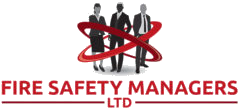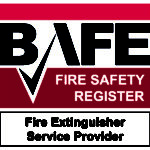|
|
Home Fire Safety Tips

What could you do to make your children safer?
- keep things that can cause fire out of reach of children, especially matches, lighters & candles out of reach of children
- place lighted candles and tea lights out of reach of children
- consider getting plug guards to cover sockets
- make sure electrical appliances (TV’s and computers) in children’s bedrooms are switched off at night
- fit a childproof guard in front of open fires or heaters – the best ones can be fixed to the wall
- make sure children don’t play near fires or heaters to avoid them getting burnt
- do not leave children unsupervised in kitchens as they can be a dangerous place for children
- avoid using the front of the hob when small children are around
- make sure the saucepan handles don’t stick out to avoid them being knocked over
- make sure you have working smoke alarms
Have an escape plan
- plan an escape route and make sure the children and childminders or babysitters know it
- practice the plan together with the children
- be careful to keep all exits clear
- think about how you would get out if your escape route is blocked
- keep door and window keys where childminders and babysitters can find them
Practice the Stop, Drop and Roll technique when practising your escape plan
Keeping a Fire Free Kitchen
- Don’t get distracted when you are cooking. Turn off or turn down the heat if you have to leave the cooking unattended
- Don’t cook if you have been drinking alcohol your concentration levels are lower. The risk of accidents is greater in the kitchen if you have been drinking
- Make sure saucepan handles are not sticking out from the hob or over a naked flame
- Take care if you’re wearing loose clothing as it can catch fire easily
- Remember to check that the oven or hob are switched off after you have finished cooking
- Keep tea towels, clothes and electrical leads away from the cooker and hob
- Clean your oven, hob and toaster on a regular basis. A build-up of fat, crumbs or grease can easily catch fire
- Regularly check that the ventilation in your kitchen, like range hoods or fans is working properly and is not blocked up. This is especially important if you have a gas cooker in case any leaking gas builds up
- Keep electrical leads and appliances away from water
- Electrical appliances should be turned off at the plug when they’re not being used
- Don’t overload electrical sockets
- If an electrical appliance catches fire:Don’t throw water on it
- If it is safe to do so, you may be able to put out the fire immediately by pulling out the plug for the appliance or switching off the power at the fuse box
- If the fire doesn’t go out, get out of the house, stay out and call 999
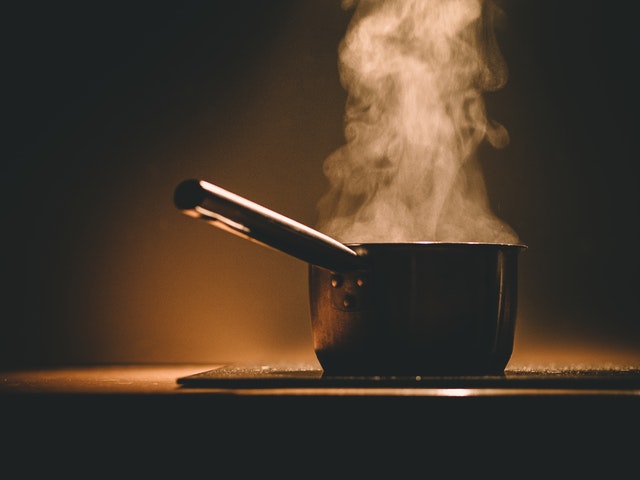
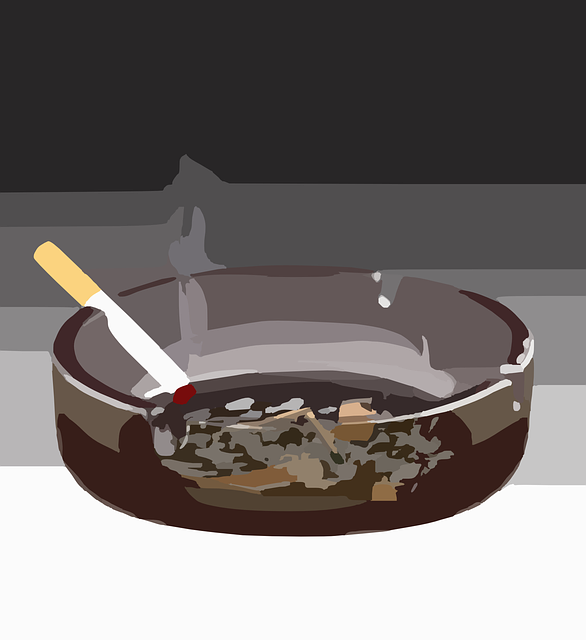
Smoking
- Avoid the danger of a fire starting inside the home by only smoking outside.
- This helps other family members avoid passive smoking.
If you smoke indoors
- Stub cigarettes out properly and dispose of them carefully. Put them right out or run some water from tap and put butt under to make sure it is out!
- Don’t leave lit cigarettes, cigars or pipes unattended in ashtrays. They can easily overbalance as they burn down, land on a carpet or newspaper and start a fire.
- Use a proper, heavy ashtray which can’t tip over easily and is made of a material that won’t burn.
- Tap your ash into an ashtray. Never a wastebasket and don’t let the ash or cigarette ends build up in the ashtray.
- Take extra care when you’re tired, taking prescription drugs or have been drinking alcohol. It’s very easy to fall asleep without realising that your cigarette is still burning.
- If you need to lie down, don’t light up. You could easily doze off and set your bed or sofa on fire.
Matches and Lighters
- Every year children die from starting fires with cigarettes, matches and lighters which they shouldn’t have. Keep these where children can’t reach them
- Where possible, buy child-resistant lighters and matchboxes.
E-cigarettes
Place candles
- Firmly in a proper holder so they don’t fall over, always ensure the candle should be standing straight up
- On a heat-resistant surface, be especially careful with night lights and tea lights as these get hot enough to melt plastic such as the top of a TV or the side of a bath tub
- Place scented candles in a suitable glass or metal container that can withstand the heat of the liquid and will not leak, scented candles turn to liquid in order to release their fragrance
- Away from:
- Christmas trees, plants, flowers or other foliage
- Curtains, other fabrics or furniture
- Ribbons, greetings cards and other decorations as these are flammable and could easily catch fire
- Draughts – the slightest breeze can blow a candle over
- Out of the reach of children and pets
- Remember to keep them away from clothes and hair and if there’s any chance you could forget a candle is there and lean across it, put it somewhere else
Never leave them unattended
- Put out candles before you leave a room and before you go to bed
- Use a snuffer or a spoon to put them out. Blowing them can send sparks and hot wax flying
In the event of a power cut or failure
- Keep a battery operated light or torch handy
- If you have to use candles or matches take extra care, never leave them unattended. Make sure they are out before leaving the room or going to bed
It only takes one candle to put your home at risk, always take care when using them.

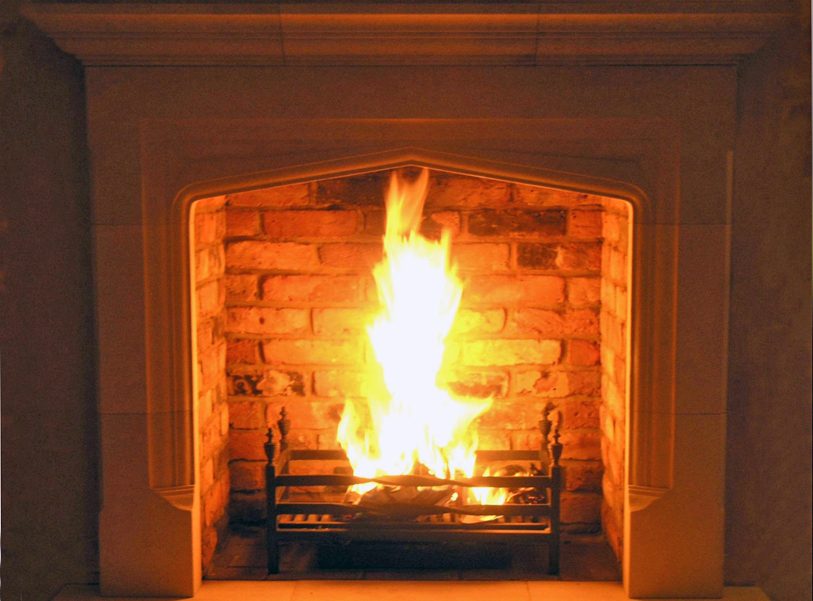
Open fires provide a welcoming focal point to a room as well as being an alternative method of heating your home.
However they can increase the risk of fire in your home if they are not looked after properly or the chimney is not maintained.
Keep it clean
- At least once a year chimneys should be swept. More frequently if you burn wood
- Inspect your chimney breast, make sure that it is sound and the sparks or fumes cannot escape through cracks or broken bricks
Don’t let the sparks fly
- Don’t overload your fire place
- Avoid burning resinous woods
- Only burn suitable fuels
- Let the fire burn out completely before you go bed
- Use a British Standard fire guard to prevent sparks escaping
Wood burning stoves
- Make sure there is always enough air coming into the room and that the chimney is clean
- The stove must be placed on a fire-resistant base
- A well-seasoned log will have drying-out splits in the ends
- If the creosote is not removed through yearly cleaning, there is a significant danger of the creosote igniting and causing a chimney fire
- The chimney should be cleaned at the end of each heating season and at least once during the heating season
Avoid Carbon Monoxide Poisoning
- Make sure you have your appliances installed and regularly serviced by a qualified engineer
- Ensure your home is properly ventilated. Never block vents
- Only burn fuel the fire or stove is designed for and don’t overload the fire
- Fit a carbon monoxide detector as an additional safeguard against the build-up of poisonous fumes
Tips for all types of portable heaters
Do
- Keep heaters away from furniture, bedding, or curtains
- Turn off portable heaters before going to bed at night
- Choose an appliance that meets the British or European safety standard
- Follow the manufacturer’s operating and maintenance instructions
- Keep them clean and serviced regularly
- Extra checks are required if the heater has been stored and not used for a period of time
- Ventilate rooms where the heater is to be used
- Ensure a permanent safety guard is fitted. If the heater is to be used in one place, fix it securely to a floor or a wall
Don’t
- Air or dry clothing on heaters
- Leave children or pets unattended if portable heaters are switched on
- Move the heater while it is alight or switched on
- Stand or sit too close, your clothing may melt or ignite
- Place heaters where they can be knocked over or where a door could open on to it
- Use flammable adhesives, cleaning fluids or aerosol sprays near a heater. Remember that fumes given off from some products are heavier than air and will travel some distance
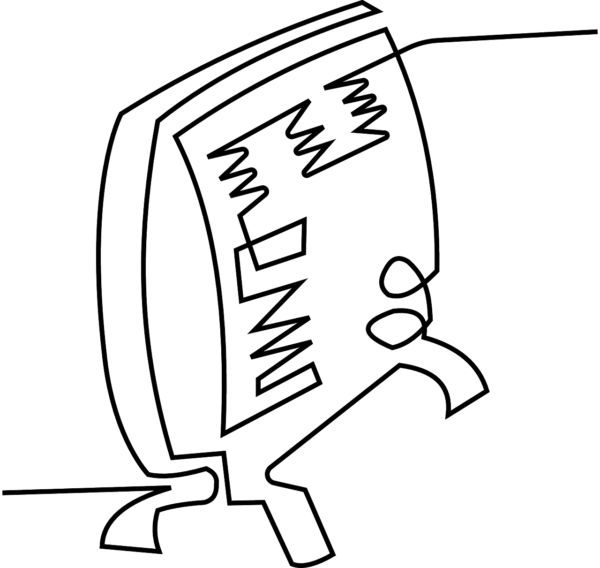
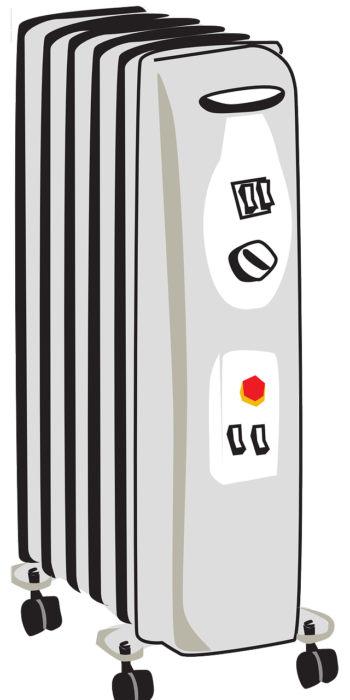
Portable electrical heaters
- Keep flexes as short as possible
- Position the flex so that it will not cause a trip hazard, ensure it will not pass under doors or carpets
- Ensure that the flex is not exposed to the heat from the appliance or from high temperatures from other sources
- Unplug when not in use
- Do not control a radiant heater with a timer switch or a thermostat unless fitted as an integral part of the heater
